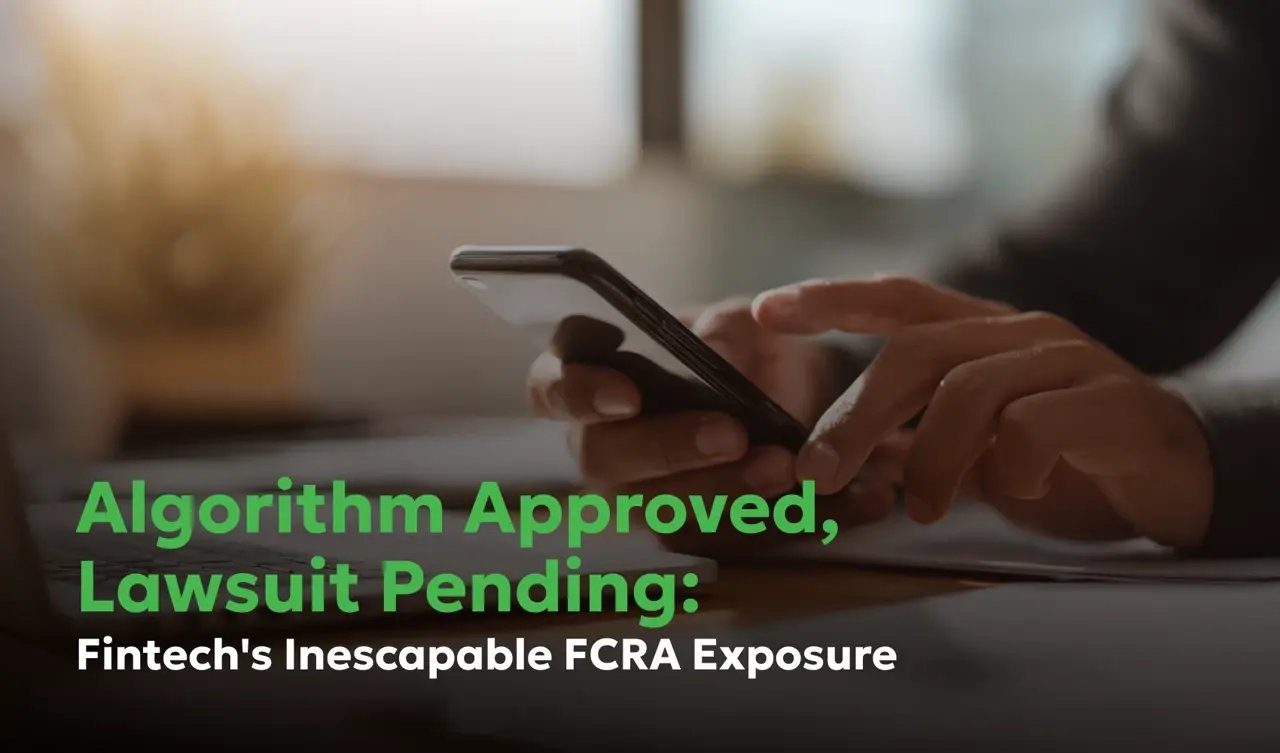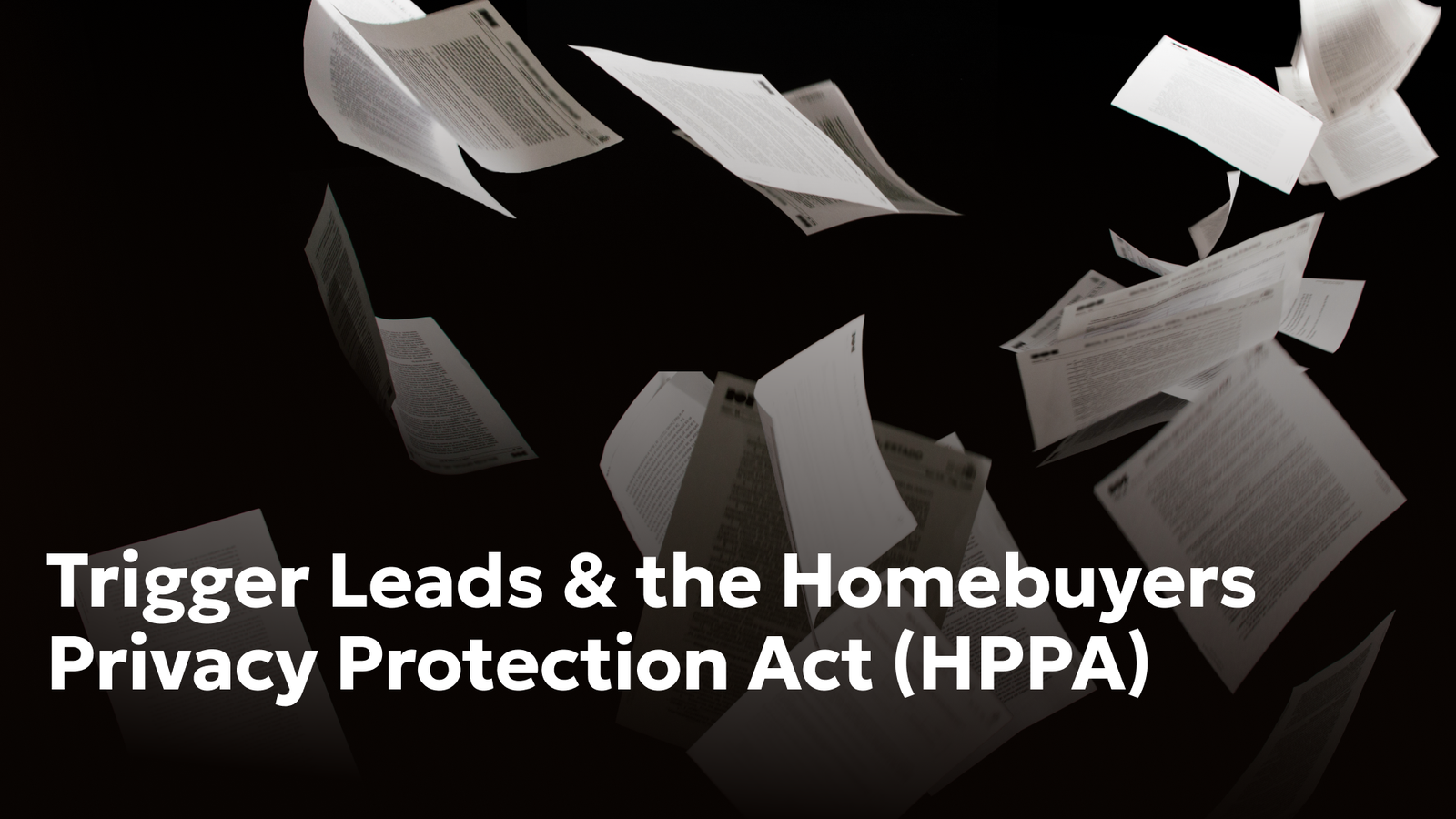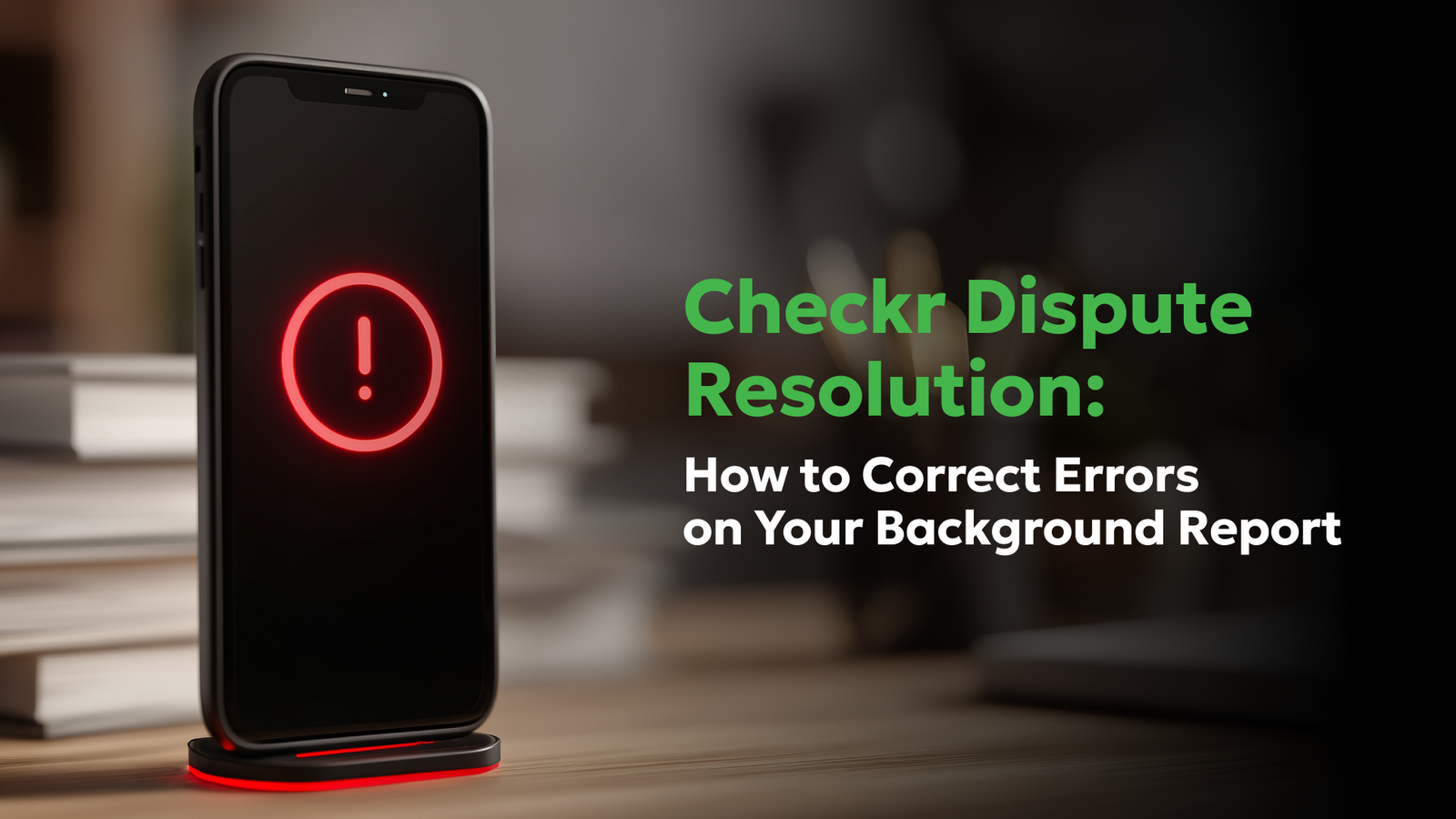Is a formal loan application necessary to establish damages under the Fair Credit Reporting Act?
- Blog
- All about FCRA
Is a formal loan application necessary to establish damages under the Fair Credit Reporting Act?

In some situations, no.
The need for a formal loan application in order to establish damages might or might not be needed.
Under the Fair Credit Reporting Act (FCRA), a consumer is entitled to damages if another party’s errors in the credit space cause them to suffer losses such as a loan application being rejected. However, there are questions as to whether there must be an actual loan application for the consumer to be entitled to damages.
Let’s examine the case of Hauge v. Amerihome Mortgage Company.
Facts of the case
The plaintiff made their mortgage payment via a third-party online payment processor. For three months, the payments were processed even though the plaintiff entered the wrong account number. However, during the fourth month, the processor rejected the payment for the exact same reason of a wrong account number!
The plaintiff’s subsequent attempt of paying via check was also rejected because they used the same wrong account number. As the issue dragged on, the missed payment showed up in the plaintiff’s credit report as delinquent, a credit reporting error.
The plaintiff had been in conversation with two different lenders concerning the possibility of applying for a loan. However, they did not formally apply for the loan.
In an action against the defendant, the plaintiff claimed damages because they were denied a home equity line of credit from the two different lenders because of the defendant’s inaccuracies.
According to the plaintiff, the money was necessary for the renovation of their home; they had to resort to their credit card and 401(k) to fund the repairs and renovations.
The verdict and lessons
The defendant moved for a summary judgment on the ground that, among other things, the plaintiff was not damaged by the defendant’s conduct simply because the plaintiff never formally applied for a loan. According to the defendant, the connection between the defendant’s actions and the plaintiff’s harm is speculative at best.
However, the court rejected the argument.
This is because the evidence revealed that the plaintiff was interested in obtaining a 100% home equity line of credit for the renovation of their house. Also, their credit scores dropped after the payments were rejected and the debt was reported as delinquent in their credit report.
The evidence further showed the plaintiff spoke with two lenders and one of them submitted a declaration revealing the plaintiff contacted them and that they checked the plaintiff’s credit report.
The lender found that the plaintiff’s lowered credit score, courtesy of the two late mortgage payments reported, made them ineligible for a conventional loan. Also, the plaintiff only had the option of subprime loans with higher interest rates and numerous upfront charges.
These were not mere hearsay as the lender himself averred to the circumstances under which loans could be approved.
So, under the FCRA, a plaintiff can establish damages without formally applying for a loan if there’s overwhelming evidence that they would be unable to get it due to the defendant’s errors.
If you find yourself dealing with such issues due to the errors of any entity in the credit space, we can always help you. Sign up for any of our legal packages today for our legal services and more.


Daniel Cohen is the Founder of Consumer Attorneys. Daniel manages the firm’s branding, marketing, client intake and business development efforts. Since 2017, he is a member of the National Association of Consumer Advocates and the National Consumer Law Center. Mr. Cohen is a nationally-recognized practitioner of consumer protection law. He has a we... Read more
Related Articles




R
ONGS™You pay nothing. The law makes them pay.







